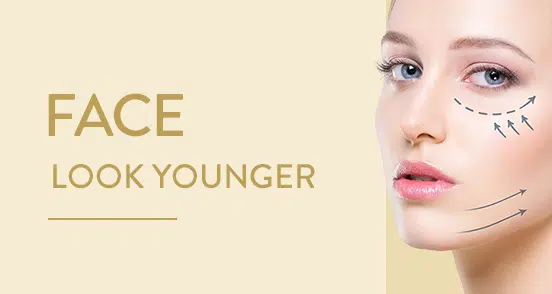Stop Migraines & Headaches
Headaches are one of the most common medical complaints; most people experience them at some point in their life. They can affect anyone regardless of age, race, and gender.
The World Health Organization (WHO) reports that almost half of all adults worldwide will experience a headache in any given year.
Causes & Symptoms
A headache can be a sign of stress or emotional distress, or it can result from a medical disorder, such as migraine or high blood pressure, anxiety, or depression. It can lead to other problems. People with chronic migraine headaches, for example, may find it hard to attend work or school regularly.
General
A headache is a common complaint worldwide.
A headache can occur in any part of the head, on both sides of the head, or in just one location.
There are different ways to define headaches.
The International Headache Society (IHS) categorize headaches as primary, when they are not caused by another condition, or secondary, when there is a further underlying cause.
Primary headaches
Primary headaches are stand-alone illnesses caused directly by the overactivity of, or problems with, structures in the head that are pain-sensitive.
This includes the blood vessels, muscles, and nerves of the head and neck. They may also result from changes in chemical activity in the brain.
Common primary headaches include migraines, cluster headaches, and tension headaches.
Secondary headaches
Secondary headaches are symptoms that happen when another condition stimulates the pain-sensitive nerves of the head. In other words, the headache symptoms can be attributed to another cause.
A wide range of different factors can cause secondary headaches.
These include:
- alcohol-induced hangover
- brain tumor
- blood clots
- bleeding in or around the brain
- “brain freeze,” or ice-cream headaches
- carbon monoxide poisoning
- concussion
- dehydration
- glaucoma
- teeth-grinding at night
- influenza
- overuse of pain medication, known as rebound headaches
- panic attacks
- stroke
As headaches can be a symptom of a serious condition, it is important to seek medical advice if they become more severe, regular, or persistent.
Head conditions that can be treated with laser:
- Sinuses
- Oro-facial pain
- Oral dysesthesia
- Temporomandibular pain
- Dental surgery
- Dental hypersensitivity
- Headaches (vascular and muscular)
- Concussions
- Ear infection
- Trigeminal neuralgia (facial pain)








